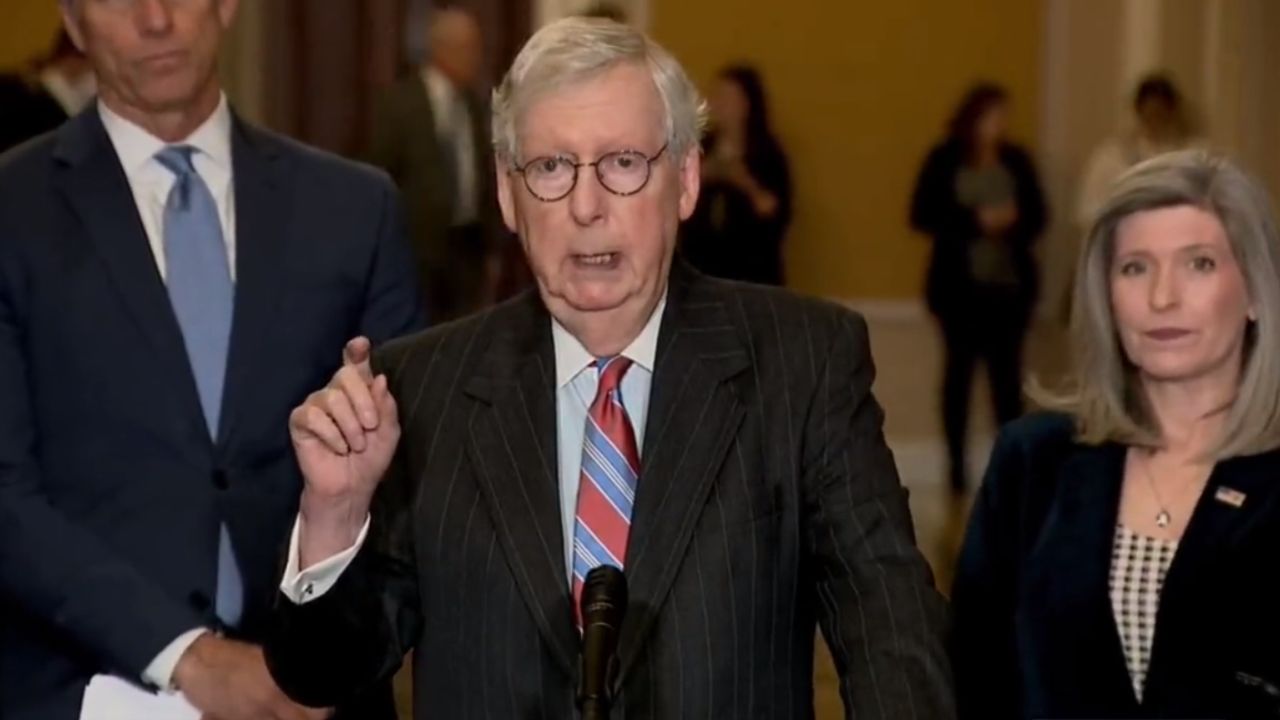WASHINGTON (Diya TV) — Mitch McConnell, the Senate’s longest-serving leader, declared his decision to step down from his leadership position in November. The Kentucky Republican, aged 82, disclosed his plans on Wednesday, marking the conclusion of nearly two decades in a pivotal role.
During his announcement on the Senate floor, McConnell cited the importance of recognizing when it’s time to transition to new responsibilities. He stated his intent to fulfill his Senate term until January 2027, albeit from a different position within the chamber.
McConnell’s departure reflects the ongoing ideological shift within the Republican Party, with traditional conservatism giving way to the influence of former President Donald Trump. Despite his historic tenure, McConnell faced mounting pressure from the party’s Trump-aligned faction, ultimately leading to his decision to relinquish his leadership role.
President Joe Biden expressed his respect for McConnell’s service and their ability to collaborate, despite differing political viewpoints. While aides clarified that McConnell’s decision wasn’t health-related, recent health concerns and personal reflection, prompted by the passing of his sister-in-law, contributed to his decision-making process.
As McConnell prepares to step aside, the race for his successor is anticipated to commence, with Senators John Thune, John Barrasso, and John Cornyn emerging as potential contenders. McConnell’s departure signifies a significant transition within the Republican Party’s leadership landscape, amidst ongoing tensions between traditional GOP establishment figures and Trump loyalists.
Throughout his tenure, McConnell played a pivotal role in shaping American politics, particularly in judicial appointments, tax legislation, and foreign policy. Despite criticism and internal party divisions, McConnell’s strategic approach and leadership style have left a lasting impact on the Senate’s proceedings.
As McConnell prepares to embark on a new phase of his career, his departure marks the end of an era in Senate leadership, with his legacy shaping the future trajectory of the Republican Party and American politics at large.



